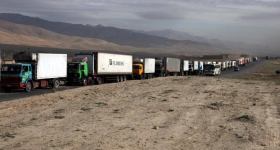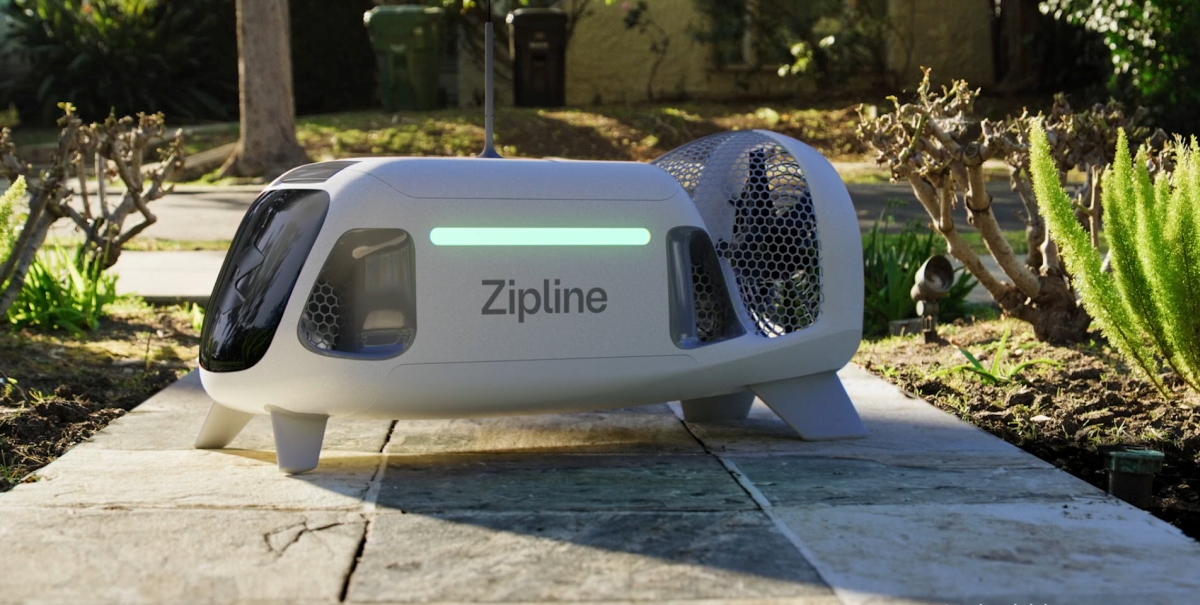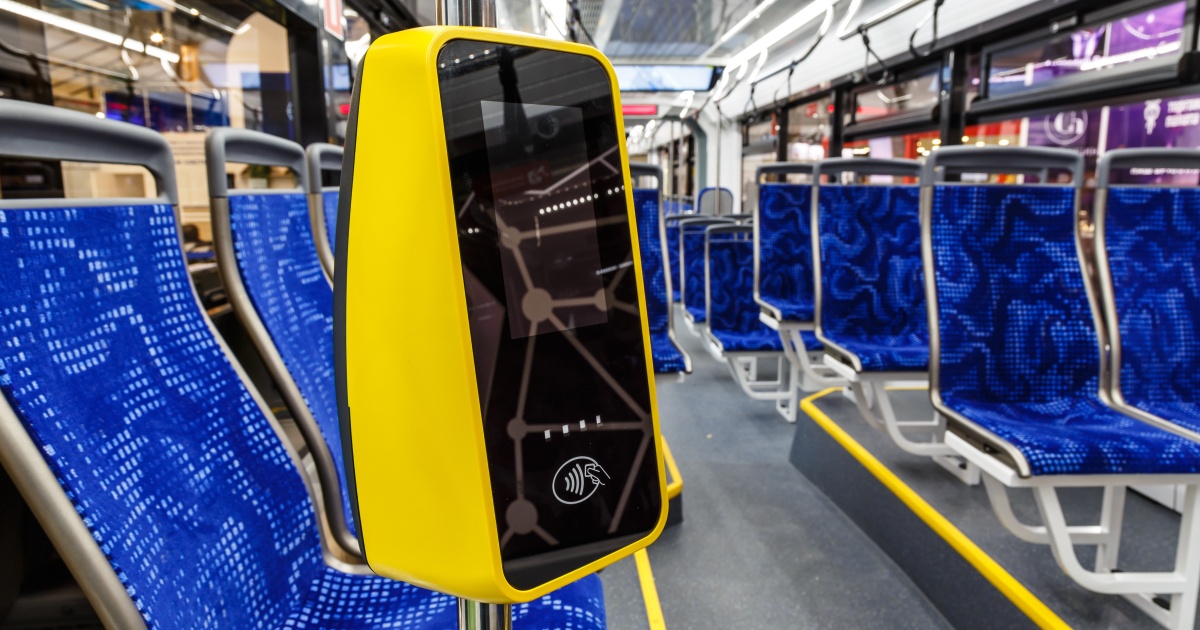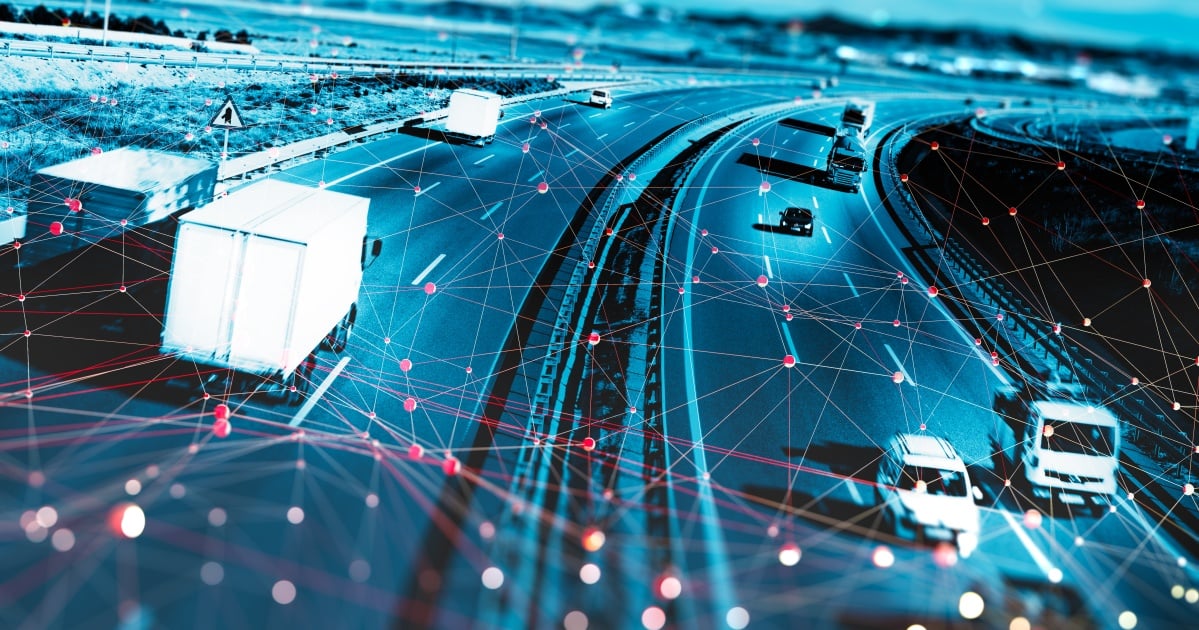Automated driving is going to be safer and more convenient for consumers, if the predictions are true, and that’s great. The larger benefit of automated, connected vehicles will, it seems, come from driverless trucking lines. New intelligence from ABI Research seems to indicate that one way to leverage that will be a strategy known as “platooning.”
Truck platooning involves using forward-looking radar and V2V communication to enable fleets of driverless trucks to safely maneuver together, keeping steady but short distances between each vehicle and moving as a unit. This reduces aerodynamic drag for following vehicles, and buildup of pressure behind the lead vehicle can yield fuel efficiencies, according to some reports, of between 5 and 10 percent for the convoy. That kind of fuel savings is a big deal to a company running hundreds of thousands of miles a year.

That’s why, ABI says, truck platoons are such a highly anticipated application of automated driving in commercial vehicles. “With most fleet operators attributing some 30 to 40 percent of their operating costs to fuel expenditure, the savings presented by platooning are significant,” said James Hodgson, Research Analyst, ABI Research, about its ADAS and Autonomous Driving Technology in Trucks and Commercial Vehicles report, part of ABI Research’s Automotive Safety and Autonomous Driving and Commercial Vehicle Telematics Market Research.
As technology progresses and regulations adapt to accommodate greater vehicle automation, fleet operators can gain other benefits from labor productivity improvements and better use of enterprise assets. Currently, there are solutions that require active intervention from following drivers to keep vehicles in line, and Freightline has begin testing fully autonomous rigs in Nevada, but in the future the driver of the lead vehicle could be in sole control of all vehicles in the convoy. The other drivers in the convoy, if there were any, would be able to rest while the lead driver had control. Or there would be no drivers at all.
“The emerging market for platooning is promising; in no small part due to its relevance across a considerable spectrum of vehicle automation,” said Hodgson. “The premise stretches all the way from a platoon comprised of two vehicles whose drivers seek to narrow the interval between them in a safe manner, through to scenarios which involve more vehicles than they do drivers.”
Recent high-profile investments in platooning technology have been made by the likes of Denso International America, Volvo Group Venture Capital, Magna International, Intel Capital, and the UPS Strategic Enterprise Fund, among others.
The future of connected transportation is happening now, and accelerating. If you want the inside scoop on what’s next, and what’s going to be important, you should plan to be at the IoT Evolution Expo, August 17 to 20 at Caesars in Las Vegas.
Edited by
Stefania Viscusi





